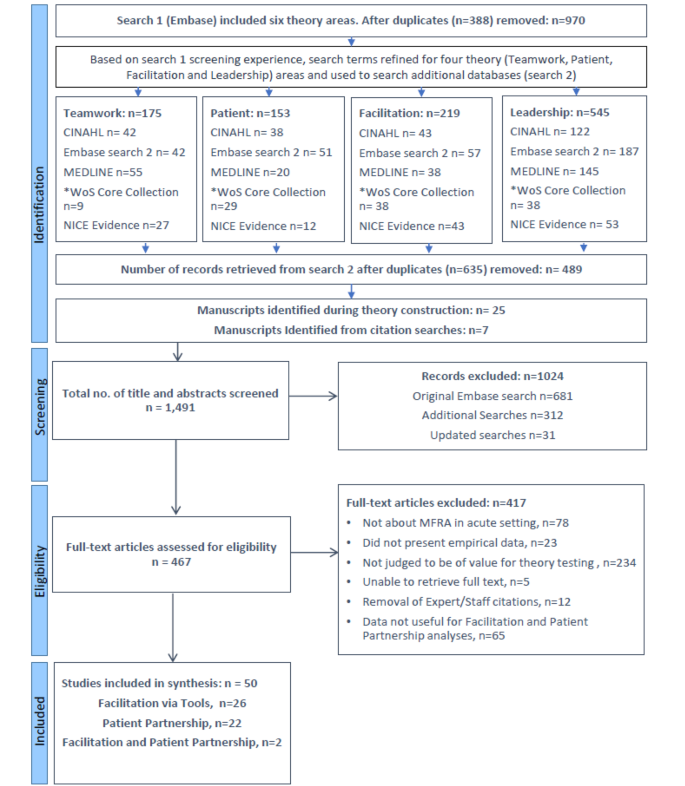Things about Dementia Fall Risk
An Unbiased View of Dementia Fall Risk
Table of ContentsDementia Fall Risk - QuestionsThe Main Principles Of Dementia Fall Risk A Biased View of Dementia Fall RiskA Biased View of Dementia Fall RiskHow Dementia Fall Risk can Save You Time, Stress, and Money.
Make sure that there is a designated location in your clinical charting system where team can document/reference ratings and record relevant notes connected to fall avoidance. The Johns Hopkins Loss Danger Assessment Device is one of numerous devices your team can utilize to help protect against negative medical occasions.Client drops in health centers prevail and debilitating adverse events that linger in spite of years of effort to decrease them. Improving communication throughout the examining nurse, care group, client, and patient's most included family and friends may reinforce autumn prevention initiatives. A group at Brigham and Women's Medical facility in Boston, Massachusetts, looked for to create a standardized autumn avoidance program that centered around improved interaction and individual and family members interaction.

The development group highlighted that effective execution depends on patient and team buy-in, assimilation of the program right into existing process, and fidelity to program procedures. The team noted that they are facing exactly how to guarantee connection in program implementation during durations of situation. Throughout the COVID-19 pandemic, as an example, a rise in inpatient falls was connected with constraints in patient involvement together with limitations on visitation.
Get This Report on Dementia Fall Risk
These occurrences are usually considered avoidable. To apply the treatment, organizations require the following: Access to Fall TIPS resources Autumn TIPS training and retraining for nursing and non-nursing personnel, consisting of brand-new nurses Nursing process that enable person and family interaction to conduct the falls analysis, make sure use of the prevention strategy, and carry out patient-level audits.
The results can be extremely destructive, frequently speeding up client decline and triggering longer health center keeps. One research study estimated remains enhanced an extra 12 in-patient days after a person loss. The Fall TIPS Program is based upon appealing individuals and their family/loved ones throughout 3 primary procedures: assessment, individualized preventative treatments, and auditing to ensure that patients are participated in the three-step autumn avoidance process.
The patient assessment is based on the Morse Fall Range, which is a validated fall danger analysis device for in-patient medical facility setups. The range includes the six most common reasons patients in health centers drop: the patient fall background, high-risk conditions (including polypharmacy), Extra resources usage of IVs and other outside gadgets, psychological condition, gait, and mobility.
Each threat factor links with several workable evidence-based treatments. The registered nurse produces a strategy that includes the treatments and shows up to the treatment team, client, and household on a laminated poster or printed aesthetic aid. Nurses develop the strategy while consulting with the patient and the individual's family members.
Dementia Fall Risk for Dummies
The poster functions as a communication device with other participants of the client's care team. Dementia Fall Risk. The audit part of the program consists of analyzing the patient's expertise of their risk variables and prevention plan at the unit and medical facility levels. Nurse champs conduct at the very least 5 private meetings a month with individuals and their households to look for understanding of the fall prevention plan

An approximated 30% of these falls result in injuries, which can range in intensity. Unlike other adverse events that call for a standardized medical reaction, autumn avoidance depends very on the demands of the patient.
A Biased View of Dementia Fall Risk

Based upon auditing outcomes, one website had 86% conformity and 2 websites see post had over 95% conformity. A cost-benefit analysis of the Fall TIPS program in eight health centers approximated that the program cost $0.88 per individual to carry out and led to savings of $8,500 per 1000 patient-days in direct costs associated to the avoidance of 567 tips over 3 years and 8 months.
According to the advancement team, organizations curious about executing the program should perform a preparedness analysis and drops prevention gaps analysis. 8 Furthermore, companies should ensure the needed framework and workflows for implementation and develop an application plan. If one exists, the company's Loss Prevention Task Force need to be associated with planning.
The Ultimate Guide To Dementia Fall Risk
To begin, organizations should ensure conclusion of training components by nurses and nursing aides - Dementia Fall Risk. Hospital staff ought to assess, based upon the requirements of a health center, whether to utilize an electronic wellness document printout or paper version of the loss prevention plan. Implementing groups ought to hire and train nurse champs and develop processes for bookkeeping and reporting on loss data
Team need to be involved in the procedure of upgrading the operations to engage individuals and family members in the assessment and prevention plan process. Solution needs to be in place to ensure that units can recognize why a fall took place and remediate the cause. A lot more especially, nurses need to have channels to provide recurring comments to both team and system leadership so they can change and boost fall avoidance operations and connect systemic troubles.